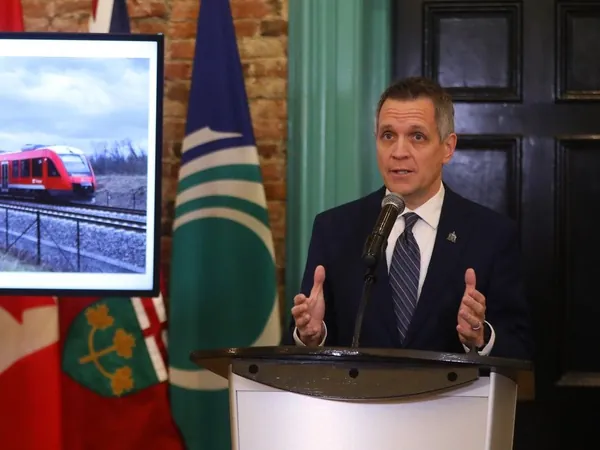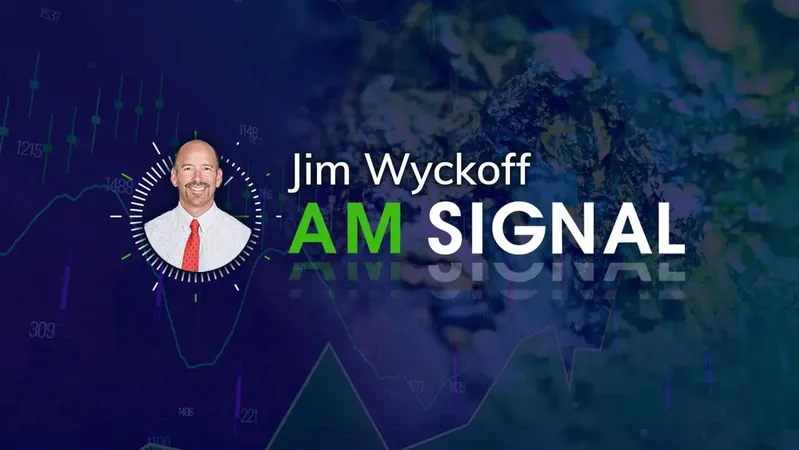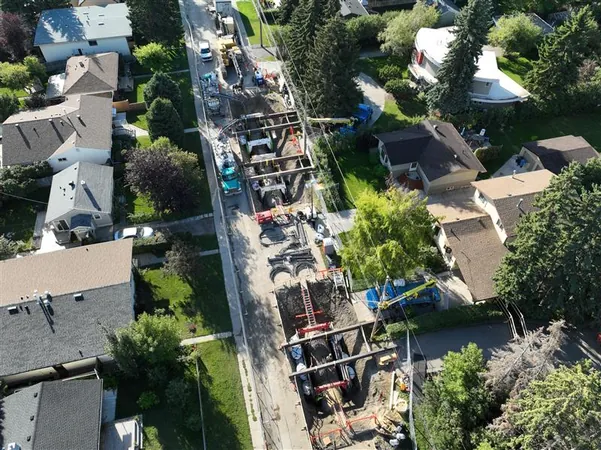
Ottawa 2025 Draft Budget Unveiled: Major Tax Increases and Transit Fare Hikes Ahead
2024-11-13
Author: Jacques
In a move expected to stir some controversy, the City of Ottawa has unveiled its $4.98 billion draft budget for 2025, proposing a significant overall property tax increase of 3.9% for most homeowners. This rise in taxes comes alongside a hike in transit fares and reduced discounts for students and seniors using OC Transpo services.
Mayor Mark Sutcliffe's strategy aims to temper tax increases to 2.9% for non-transit expenditures, but the escalating costs related to OC Transpo have pushed the total increase to a steeper 3.9%. The repercussions of pandemic-induced delays in service and a plummet in ridership are among the contributing factors to this financial predicament.
For the average suburban homeowner, this translates into an additional $168 on their property tax bill—$68 of which is allocated towards public transit, $20 for policing, and $80 for other city services.
Transit Fare Increases: A Heavy Burden or a Necessary Evil?
In a bid to address a monumental $120 million operating deficit, OC Transpo will experience a 5% fare increase, pushing the adult fare to $4 when paid via card—making it one of the most expensive transit systems in Canada compared to major cities like Toronto and Vancouver, where fares hover around $3.35 and $3.20, respectively.
Additionally, seniors will see their monthly bus pass price surge from $49 to $108. The U-Pass for students will also increase by $11.45 to reach $240.52 per semester. City officials assert that while discounted fares for seniors and youth will continue, they will now align more closely with rates in other municipalities.
Sutcliffe defended these not-so-favorable changes, stating they reflect the unavoidable reality of the situation, saying, "These are not decisions we took lightly, but they are necessary."
Focusing on Community Needs
Despite the unfavorable news regarding transit costs, the budget allocates $1.12 billion—22% of total spending—towards community and social services. This includes significant provisions for affordable housing initiatives and support for non-profit agencies tackling poverty-related issues.
Among the highlights, $18.9 million is earmarked for developing affordable supportive housing, while $30 million is designated for non-profit social service agencies. Special provisions include funding for urban Indigenous organizations and initiatives aimed at supporting Black youth.
Moreover, the city recognizes the pressing needs of its vulnerable populations and plans to address food insecurity, mental health issues, and the rise in homelessness, even in areas not traditionally managed by municipalities.
Expanding Library Services and Infrastructure Investments
The Ottawa Public Library is also seeing a budget increase to $67.6 million, primarily for staffing and the upcoming central branch, Ādisōke. The funding structure intends to enhance community programs and keep library services robust.
Infrastructure improvements will not take a backseat, with $104 million allocated for road and sidewalk enhancements and crucial upgrades to local traffic management.
Sutcliffe has been actively lobbying for external funding from the federal and provincial levels, hoping to ease the financial burden on taxpayers. "If cities were able to secure even a small portion of HST, it would create sustainable funding for transit and other essential services," he remarked.
Budget discussions are set to continue throughout the month, culminating in a council vote on December 11.
The Bottom Line: A Continuing Challenge
The proposed budget for 2025 signals a challenging year ahead for Ottawa residents, balancing the need for vital services against the realities of rising costs. As the city navigates this crucial period, all eyes will be on how effectively it can implement sustainable solutions to address its financial hurdles while ensuring the community's needs are met.









 Brasil (PT)
Brasil (PT)
 Canada (EN)
Canada (EN)
 Chile (ES)
Chile (ES)
 España (ES)
España (ES)
 France (FR)
France (FR)
 Hong Kong (EN)
Hong Kong (EN)
 Italia (IT)
Italia (IT)
 日本 (JA)
日本 (JA)
 Magyarország (HU)
Magyarország (HU)
 Norge (NO)
Norge (NO)
 Polska (PL)
Polska (PL)
 Schweiz (DE)
Schweiz (DE)
 Singapore (EN)
Singapore (EN)
 Sverige (SV)
Sverige (SV)
 Suomi (FI)
Suomi (FI)
 Türkiye (TR)
Türkiye (TR)